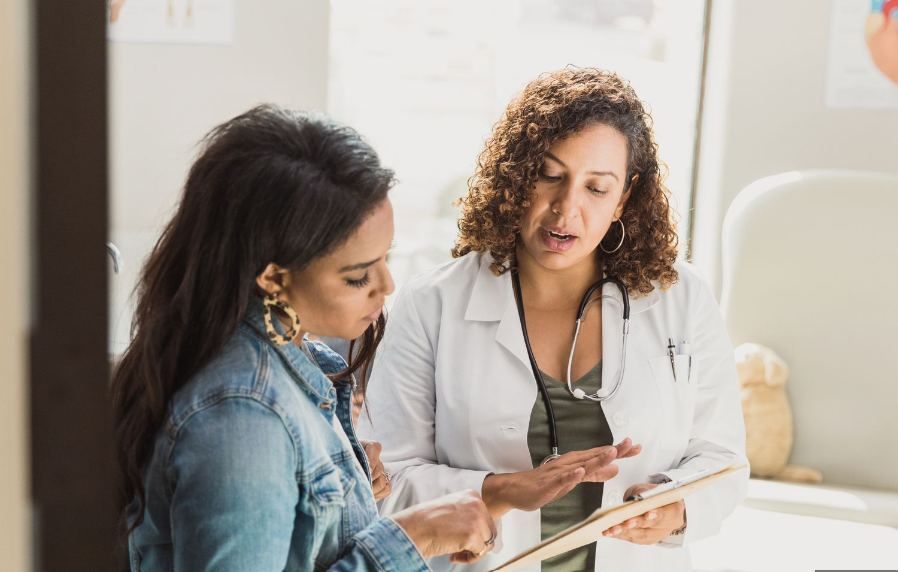Addressing the Dual Challenges: Women, Addiction, and Mental Health
- 300 Views
- Ellen hollington
- January 31, 2024
- Health
Introduction
The intersection of addiction and mental health in women presents unique challenges that require specialized attention and care. Women often face different pathways to addiction and experience distinct mental health issues compared to men. Understanding these nuances is vital for effective treatment and support. This blog post delves into the complexities of addressing addiction and mental health in women, highlighting the need for tailored approaches in treatment and recovery.
The Intersection of Mental Health and Addiction in Women
Unique Risk Factors
Women are more likely to experience certain risk factors for addiction and mental health issues, such as trauma, domestic violence, and mood disorders. These factors necessitate a gender-specific approach to treatment and support.
The Role of Stigma and Societal Expectations
Women often face greater stigma and societal pressures regarding mental health and addiction, which can hinder them from seeking help. Overcoming these barriers is crucial in providing effective support and care.
Tailored Treatment Approaches for Women
Understanding the Gender-Specific Needs
Treatment programs need to recognize and address the specific emotional, biological, and social factors that affect women. This includes consideration of family responsibilities, pregnancy, hormonal fluctuations, and history of trauma.
Integrating Mental Health and Addiction Treatment
An integrated approach that addresses both mental health and addiction is crucial for women. This holistic approach ensures that all aspects of a woman’s health are considered in the treatment plan.
Supporting Women Through Recovery
Building a Supportive Network
A strong support system is essential for recovery. This can include therapy groups, family involvement, and community resources specifically geared towards women.
Empowerment and Self-Care
Empowering women in their recovery journey involves teaching self-care practices, coping strategies, and helping them rebuild their lives and relationships.
Overcoming Barriers to Treatment
Addressing Financial and Social Barriers
Financial constraints, childcare responsibilities, and lack of access to gender-specific programs can hinder women from seeking treatment. It’s important to address these barriers by providing accessible, affordable, and women-focused treatment options.
Educating and Raising Awareness
Raising awareness about the dual challenges women face with addiction and mental health is crucial in reducing stigma and encouraging more women to seek help. Educational efforts should be directed towards healthcare providers, families, and communities.
Resources and Further Reading
For those looking for more information on the intersection of women’s mental health and addiction, resources like the Substance Abuse and Mental Health Services Administration (SAMHSA) provide valuable insights and guidelines.
Another excellent resource for understanding the broader aspects of mental health issues in women is the National Institute of Mental Health (NIMH). NIMH offers extensive research and information on mental health conditions more prevalent in women.
Seeking Specialized Help
For women struggling with addiction and mental health issues, seeking specialized treatment is crucial. Facilities that focus on women’s drug rehab, like Casa Serena, offer programs tailored to the unique needs of women, providing a supportive environment conducive to recovery and healing.
Conclusion
The dual challenges of addiction and mental health in women require a nuanced and empathetic approach. Understanding the unique pathways that lead women to addiction and the distinct mental health issues they face is critical in providing effective treatment and support. By focusing on gender-specific needs, integrating treatment approaches, and addressing societal barriers, we can offer a pathway to recovery that is both compassionate and empowering. Resources like SAMHSA, NIMH, and specialized women’s drug rehab facilities are invaluable in this journey towards healing and wellness.

